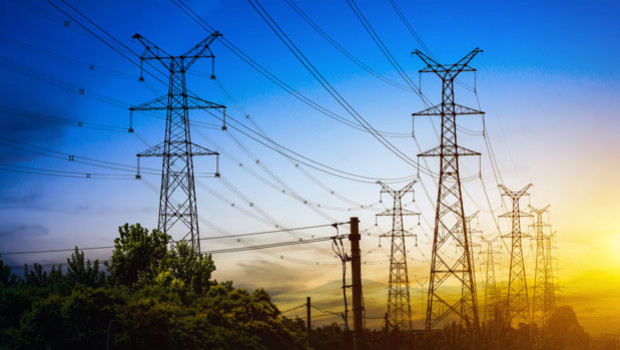Coal-fired plants put on standby as cold snap intensifies

National Grid has ordered two coal-fired generators be readied for use after temperatures plunged across the UK.
Drax Group
632.50p
12:40 24/12/24
Electricity
9,942.35
12:54 24/12/24
FTSE 100
8,136.99
12:59 24/12/24
FTSE 250
20,571.51
13:00 24/12/24
FTSE 350
4,491.87
12:54 24/12/24
FTSE All-Share
4,449.61
13:14 24/12/24
Gas, Water & Multiutilities
5,902.05
12:54 24/12/24
National Grid
944.20p
12:40 24/12/24
The National Grid’s Electricity System Operator said that two "winter contingency coal units" in Yorkshire, owned by energy firm Drax, would be available on Monday if needed.
The move is intended to ensure continuity of supply and prevent any possible blackouts.
Temperatures across the UK plunged over the weekend, bringing snow overnight on Sunday for large parts of the country as well as freezing fog and ice. Met Office weather warnings remain in place for much of the UK.
National Grid said that while the two plants would not necessarily be used, it had ordered them to begin warming up as demand rose in response to the cold weather. It is thought electricity demand will hit its highest level so far this winter in the early evening on Monday, as households use more energy to keep warm.
In a statement, National Grid said the move "should give the public confidence in Monday’s energy supply".
It continued: "The ESO as a prudent system operator has these tools for additional contingency to operate the network as normal and the public should continue to use energy as normal."
The UK has moved away from coal-produced electricity in recent years, relying instead on domestic wind farms and imports from the continent.
Demand has surged across Europe in response to the cold snap, however, causing wholesale electricity prices to spike. Still conditions have also left wind farms able to generate only a small amount of Britain’s electricity.
National Grid will also use the cold weather to test its Demand Flexibility Scheme on Monday. Under the Ofgem-approved scheme, which has so far only been trialled, households can receive discounts on the bills by reducing energy use at peak times.
To be eligible, households need to have a smart meter and be with an energy supplier who has signed up to the scheme.